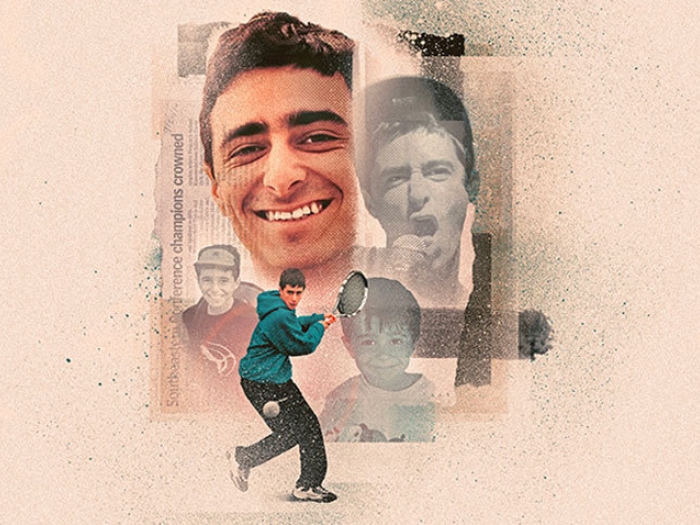Developing the tools to combat the debilitating condition is the focus of a new camp for young children.
7:00 AM
Author |

Attending camp is a fun and exciting prospect for most kids. But the relaxed group setting can be downright terrifying for some children.
MORE FROM MICHIGAN: Sign up for our weekly newsletter
It's why a special program was created to give young people with anxiety disorders a way to enjoy the classic rite of passage.
Launched in 2017, Camp Kid Power aims to help children, typically between 4 and 6 years old, who have severe anxiety. Many of these children are unable to participate in typical activities because their anxiety is so crippling.
Those struggles are common at Camp Kid Power.
One attendee was unable to play games for fear of making mistakes. Another had been pulled out of preschool for poor behavior due to high distress and anxiety. Others may fixate on separating from parents, worrying they could be harmed if mom and dad are not present.
"One of our initial consults took four hours because the child had such severe social and separation anxiety and would not come out from hiding under the table," says Kate Fitzgerald, M.D., an associate professor with the University of Michigan Department of Psychiatry, which launched and runs Camp Kid Power.
But positive progress followed: "Once the child completed our camp, he was interacting with kids and talking to adults. It was a joy to see," Fitzgerald says.
Playtime builds skills
Anxiety disorders affect many children.
A 2014 paper published in the Journal of Clinical Adolescent Psychology found nearly 20 percent of preschool-age children meet the criteria for at least one anxiety disorder. And the National Alliance on Mental Illness reports that an estimated 40 million adults in the U.S. (18 percent) have an anxiety disorder.
SEE ALSO: Panic Attack vs. Anxiety Attack: 6 Things to Know
Although early intervention is key, effective treatments vary by age group.
Adults with anxiety are usually prescribed a combination of medication and cognitive behavioral therapy, or CBT. Older children and adolescents also respond well to CBT. But the approach can be less effective for preschool-age children with anxiety, which means that child psychiatrists often must try other techniques.
Camp Kid Power participants are led through a series of games designed to assess their skills and needs.
Games are meant to strengthen effort control (also known as executive function), which, in turn, may help kids to better regulate a wide range of behaviors, including fear responding.
Activities include computer games, call-and-response games and board games. None are meant to inspire competitive behavior and it is stressed that there are no winners.
While playing, campers and "counselors" talk through how to fix a problem or a "mess-up." This is known as reflection training.
Tracking progress and helping parents
Pre- and post-camp visits allow clinicians to determine whether there has been a symptom change before and after camp.
SEE ALSO: Kayak, Camp, Ski: Adaptive Sports Clinics Help Kids with Disabilities Get Active
Executive functioning skill levels are tested while the children wear an electroencephalography (EEG) cap. For the testing, children play basic computer games with simple rules. The EEG allows for monitoring of electrical activity in the brain.
Parents are also involved during some portions of camp and are given homework assignments to complete with their children. This emphasizes communication and interaction.
"Our 'homework' is designed to be fun, while at the same time supporting kids' mastery of skills. Parents appreciate the opportunity to be involved and learn about how building these skills can help their kids overcome anxiety," says Katherine Rosenblum, Ph.D., a clinical professor of psychiatry at U-M.
Families also are trained on what triggers their children's behavior and how it can be adjusted. Rosenblum and Maria Muzik, M.D., an associate professor of psychiatry, are exploring how to further offer support and training to campers' parents.
Meanwhile, they plan to enroll more campers.
For more information or to find out about the next session of Camp Kid Power, contact [email protected]. Learn more about the U-M Department of Psychiatry's child and adolescent services here.

Explore a variety of health care news & stories by visiting the Health Lab home page for more articles.

Department of Communication at Michigan Medicine
Want top health & research news weekly? Sign up for Health Lab’s newsletters today!





